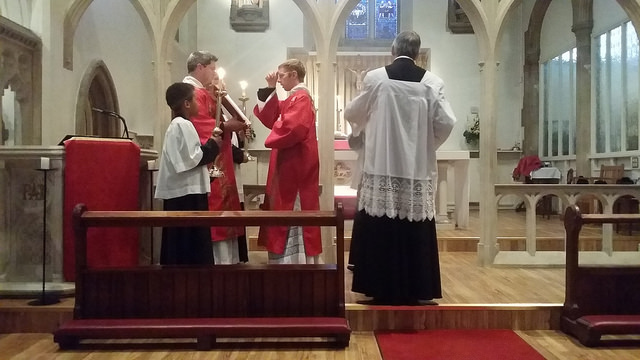Saint Ignatius on heresy, and the capsizing boat
On the feast of St Ignatius, I offer my prayers and good wishes to some great Jesuits. Just off the top of my head, I think of Fr Joseph Fessio SJ the founder of Ignatius Press which has not only published the English translations of various works of Cardinal Ratzinger/Pope Benedict, but has also given a break for good Catholic authors both of theology and of Catholic fiction. Then there is Fr Bob Spitzer SJ, with whom I studied in Rome many years ago, and Fr Paul Mankowski SJ who has written some superb articles over the years. Here in England, I recall Fr Anthony Meredith SJ, the great fatherly commentator on the Fathers of Cappadocia and in Rome, there is Fr Gilles Pelland SJ, the fierce French-Canadian patristics scholar was a bit harsh when I first arrived in the Holy City, but seemed to soften a bit when after 5 years he seeme satisfied that, though English, I was not a modernist. Many of my Jesuit priest friends and mentors have now reached “that night when no man can work”...








